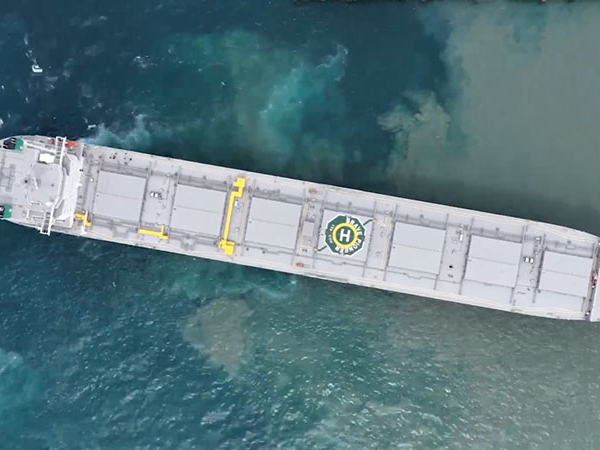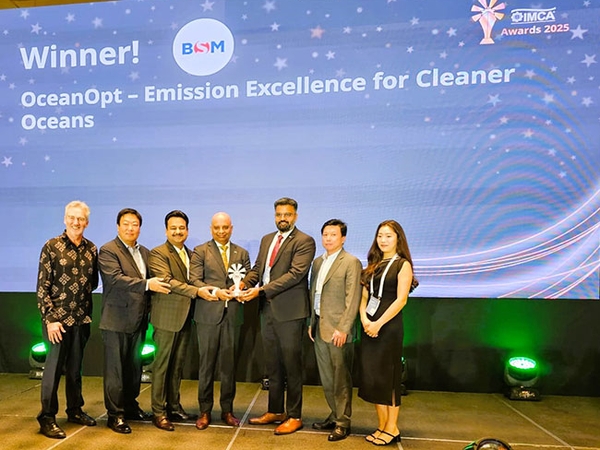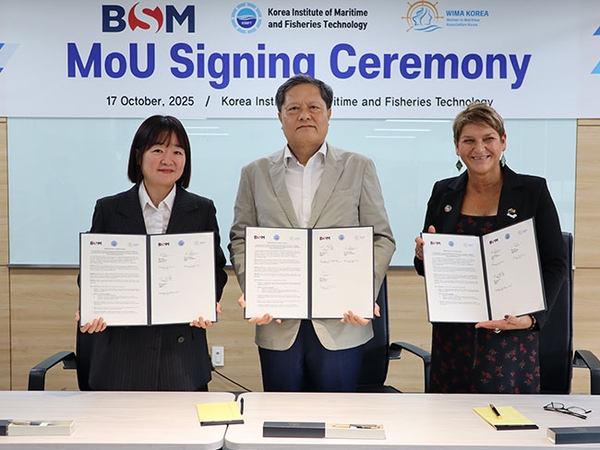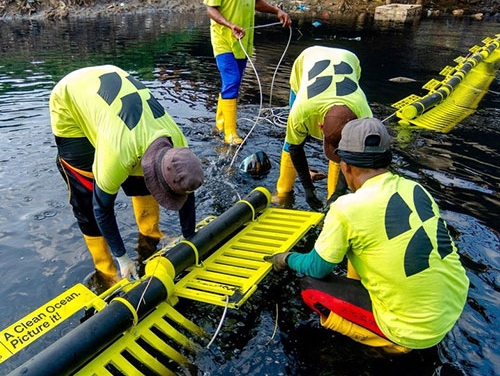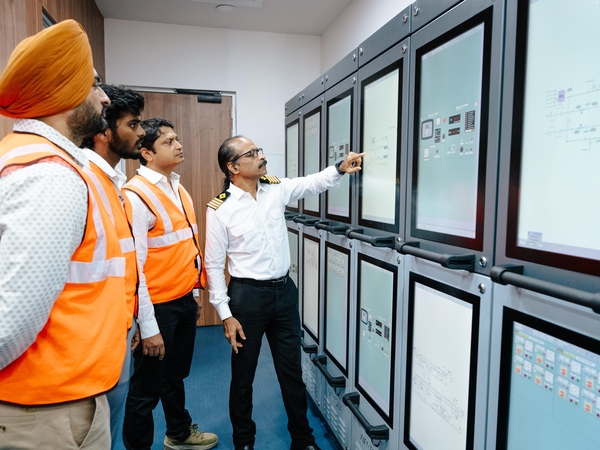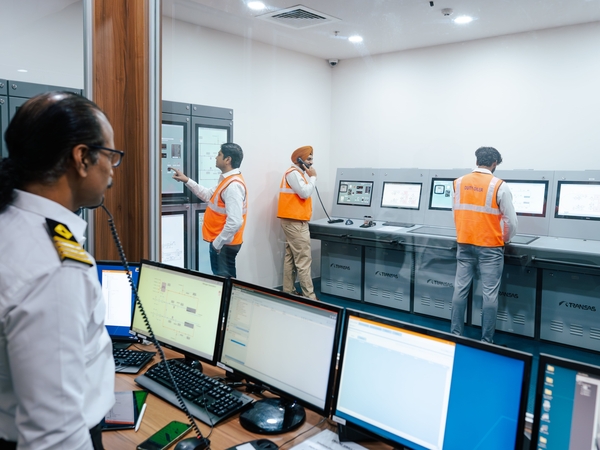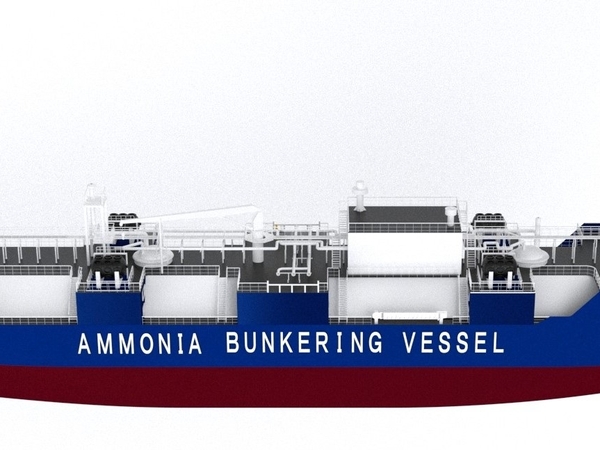
Question: Just when we thought the pandemic was ending, a war has started! How do you think the situation will develop now? How much and for how long do you see the Ukrainian conflict affecting the market? Which sectors do you think will be the most badly hit and which ones will benefit?
Answer: The conflict between Russia and Ukraine is a real tragedy, which can be anticipated to cause ripple effects worldwide for the foreseeable future. In the maritime industry, the most affected area is and will be crewing. Both in terms of imminent crew changes but also longer-term planning and rotation will be difficult here forth.
Russian and Ukrainian crew make up about 15% of the global fleet supply, that is 10.5% Russian seafarers, while Ukrainian’s account for 4% (according to BIMCO data from 2021). BSM also has both Ukrainian and Russian seafarers in its crew pool. With our network of worldwide 25 BSM Crew Service Centres we have taken all necessary measures to mitigate the impact on crewing supply and crew changes. These include measures to ensure the availability of crew for manning and the mobility of seafarers, which is affected by restricted flight activities and travel possibilities. At the same time, we work relentlessly on ensuring that seafarers receive their wages in a compliant way, despite restricted payment systems.
Although, similar to what happened during COVID, what we see already is a substantial hike in travel costs due to diverted travel routes and a reduction is seat availability, and this will have a big impact on OPEXs if it continues. Not unlike what happened over the past two years with Chinese crew, where owners experienced unparalleled spiralling costs for wages and travel expenses for this nationality, there may have to be a subsequent shift to different nationalities to man ships sufficiently in case of non-availability of Ukrainian or Russian seafarers.
Availability being one problem, in fact providing the right crew with the necessary experience is a general challenge faced in our industry. Especially for specialised ships such as LNG, LPG and Chemical Tankers. Well-trained seafarers are in short supply, further exacerbated by the pandemic and the Ukraine conflict. We have long since taken various measures to steadily expand our pool of qualified seafarers and thus ensure the safe and efficient operation of the growing fleet under BSM crew management.
In terms of Seafarers’ welfare, BSM have put in place measures for our Ukrainian seafarers, to provide them and their families with the best possible support. A companywide donation fund has been set up and BSM has launched a programme to offer care, temporarily accommodation and support to family members who have fled to neighbouring countries under the guidance of local BSM representative offices.
Potentially there may be an increase in interest in third party shipmanagement services, with the large scale crew pools and availability of a wide variety of crew nationalities but inevitably it is hoped that the conflict situation is resolved swiftly minimising the devastating effects that result.
Question: What were the consequences of the pandemic in your sector? What did the two years of the coronavirus leave in their wake?
Answer: COVID-19 challenged BSM’s business operations on many levels, like all other shipping companies, due to the unprecedented nature of the pandemic. While the difficulty of organising crew changes has improved significantly since the beginning of the pandemic, the spread of the Omicron variant undoubtedly created new challenges. There are still ongoing and continuously changing circumstances and new travel restrictions regularly imposed by governments.
Safety, health and wellness of our crew are still a focus and they remain of our utmost priority. Procedures to proficiently deal with these key areas are constantly adapted to meet the needs of the changing environment.
The global COVID pandemic has highlighted the importance of existing trends and has further accelerated them, such as the industry’s digital transformation. It will enrich our industry in the long run. Per example, our web-based Enterprise Resource Planning (ERP) system smartPAL, developed by MariApps Marine Solutions, a digital solutions company under the Schulte Group, allows us to manage all our business functions remotely and through one single platform.
The smart use of data enables us to optimise management processes while constantly increasing operational safety, reliability and efficiency for the benefit of our customers. In the future, we aim to further digitalise our ship management processes to ensure safety at sea in a responsible manner, while shaping the next generation of technology and thereby making a positive contribution to society.
Increased focus will be on further increasing our ERP ecosystem integration, while automating processes, expanding the application of telemetry and external high frequency sources, as well as intensifying the use of advanced analytics, machine learning and artificial intelligence as part of our daily decision support processes. Another important step in this area, however, is to make sure we have all necessary protection in place, such as cyber security, so that we can reap the benefits of our technological advancement with minimal exposure.
Supported by such innovative technology, BSM was also able to positively develop flexi-working options for our employees, establish permanent remote team members, perform remote vessel visits, webcasts with our ships and extensive online training. This was a really positive outcome of the pandemic, that will most certainly remain, allowing a crucial work life balance, easy and more frequent access to ships and closer connection with vessels and crew.
Question: How much will the sanctions imposed by the West on Russia affect the market? Do you see this situation lasting a long time?
Answer: BSM monitors the sanction situation closely and confirms that our operations are in full compliance with all international injunctions. We are taking regular advice from government and industry bodies as well as specialised sanctions lawyers, who are providing up-to-date information about international restrictions and other legal and security issues which potentially impact our operations. The obvious effect of the sanctions will be on the trade routes of the ships and chartering sector mainly. Vessel insurance arrangements have also become very complex in light of the array of global restrictions applied to Russia. Although an effect on the various maritime trade markets has not yet been seen and perhaps will not to any great extent, at least if the conflict is resolved swiftly.
Furthermore, there is the need to find alternative methods to pay crew their wages. BSM are working, on a case by case basis, to assist crew and find the most suitable method for them to receive their funds. One progressive option is the use of a digital payment solution called NiumPay. Seafarers will receive a BSM visa debit card which will be linked to the crew member’s NiumPay multi-currency eWallet. This provides the opportunity, via the NIUM mobile banking app, to use a smartphone for any payment purpose. Seafarers can use their eWallet app also to send money home, at a lower cost than banks, payment providers or agents. They can also use the provided Visa card to shop worldwide or withdraw local currencies from ATMs during their shore leave.
Question: Brexit is now a done deal. How much has shipping been hit by this very significant change in Europe?
Answer: The maritime industry is responsible for the worldwide transport of goods, between countries with different trade regimes, local laws, and legislations, thus it is imperative that we overcome all barriers. However, the core of the shipping sector was not adversely affected. The impact of Brexit would have shaken the production and trade industries and specifically import and export companies but thankfully the ship management sector was completely untouched.
Question: How difficult is it for a manager at this time to plan for the future?
Answer: The key word in this question is ‘plan’, so long as there is sufficient notice available for new vessels expected into management, projects clients are working on, or changes to the current services we are providing to an owner, then everything is possible.
BSM has an extensive global presence and network of maritime services available, under the Schulte Group, that ensure we can match the needs of our clients and evade any business disruption.
BSM Hellas managed to double our fleet over the last year, despite the difficulties faced due to COVID therefore, we are positive that we can efficiently handle the challenges expected due to the Ukraine conflict. In 2022 and onwards, once again we are proud that we have a notable fleet expansion ahead of us. Utilising close collaboration with our clients and time for efficient planning, we do not expect any difficulty in handling this. What may be expected is an increase in interest in third party ship management services, from owners that previously had not considered outsourcing crew or technical management, in an effort to tap into the large crew pool and array of nationalities available as well as the stability of services offered as a global and prominent industry establishment.
